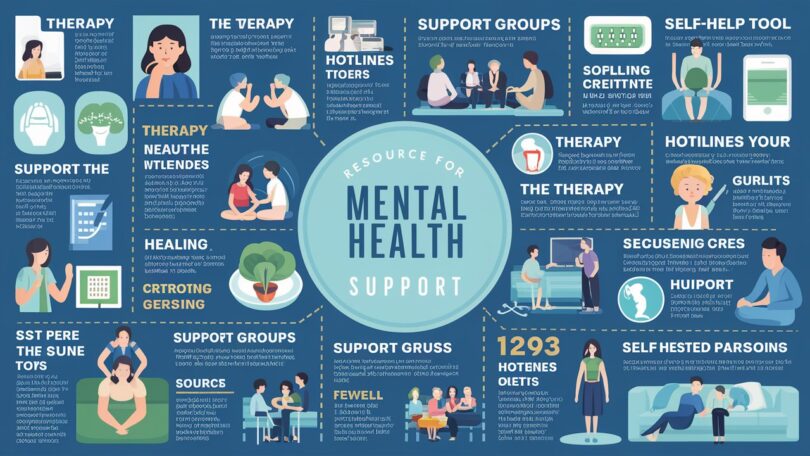Your mental health is just as important as your physical well-being. It encompasses your emotional, psychological, and social wellness, influencing how you think, feel, and behave. Similar to maintaining physical health, taking care of your mental well-being is crucial for managing stress, nurturing relationships, and making important life decisions.
Contrary to common beliefs, mental health isn’t solely about the absence of mental illnesses. It’s about achieving a state of overall well-being where you can reach your full potential and effectively navigate life’s challenges. Mental illnesses are diagnosable conditions that can significantly impact your thoughts, mood stability, behavior control, or perception of reality.
Recognizing the Need for Assistance
Section 1: Identifying Signs of Mental Health Issues
Identifying signs of mental health issues in yourself or others is essential for seeking support when needed. These signs may include persistent feelings of sadness or hopelessness, changes in appetite or sleep patterns, difficulty concentrating, withdrawal from activities once enjoyed, excessive worry or fear, irritability, and unexplained physical ailments such as headaches or stomachaches.
Knowing when professional help is necessary is key. If these symptoms persist for more than two weeks and start affecting daily functioning, such as a decline in work/school performance, it might be time to seek assistance from a qualified mental health professional.
The Importance of Early Intervention
Section 2: Addressing Mental Health Concerns Early On
Early intervention plays a vital role in effectively managing mental health concerns. Addressing issues early on before they worsen allows individuals to receive prompt treatment, which increases their chances for recovery.
Varieties of Mental Health Support Resources
Section 3: Exploring Different Types of Support
There are different types of resources available for those seeking support with their mental health concerns:
- Therapy: Involves meeting with trained professionals who offer guidance through evidence-based techniques tailored to individual needs.
- Counseling: Focuses on specific problems by providing guidance through talk therapy sessions aimed at resolving immediate difficulties.
- Psychiatric Services: Provided by psychiatrists who specialize in diagnosing conditions and prescribing medication if necessary.
- Support Groups: Bring together individuals facing similar challenges to share experiences and offer mutual support.
Choosing the Right Mental Health Support
Section 4: Factors to Consider When Selecting Support
When selecting a mental health resource, consider personal preference and comfort, as well as professional qualifications and experience.
Accessing Mental Health Support Resources
Steps involved:
- Navigating Insurance & Financial Considerations
- Persistence & Patience
Maintaining Mental Health: Long-Term Strategies
Section 5: Sustaining Good Mental Health
Tips for maintaining good mental health include regular check-ins with a therapist/counselor, engaging in relaxation activities, and considering lifestyle factors that contribute to overall well-being.








Leave a Comment